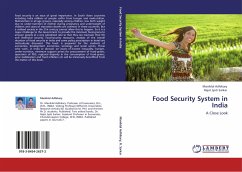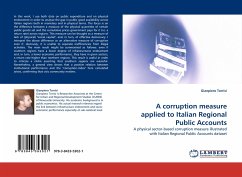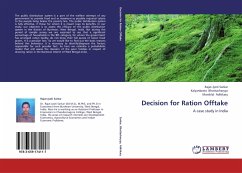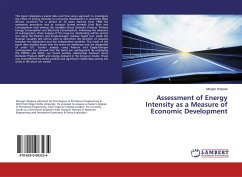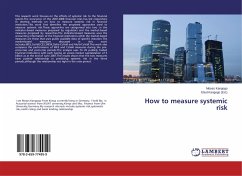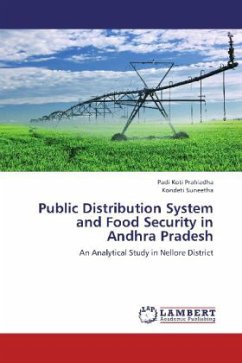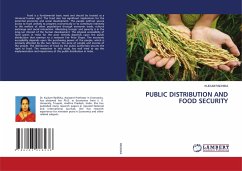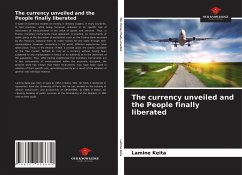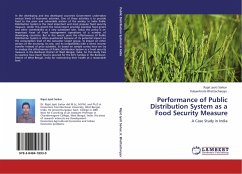
Performance of Public Distribution System as a Food Security Measure
A Case Study in India
Versandkostenfrei!
Versandfertig in 6-10 Tagen
39,99 €
inkl. MwSt.

PAYBACK Punkte
20 °P sammeln!
In the developing and less developed countries Government undertakes various kinds of economic activities. One of these activities is to provide food to the poor and vulnerable section of the society. In India Public Distribution System is the most important and most popular food security measure. Under this system the Government provides essential food grains and other commodities at a very subsidized rate. Today this policy is an important facet of food management operations of a number of developing countries. But in the recent years the effectiveness of Public Distribution System is often ...
In the developing and less developed countries Government undertakes various kinds of economic activities. One of these activities is to provide food to the poor and vulnerable section of the society. In India Public Distribution System is the most important and most popular food security measure. Under this system the Government provides essential food grains and other commodities at a very subsidized rate. Today this policy is an important facet of food management operations of a number of developing countries. But in the recent years the effectiveness of Public Distribution System is often questioned because of its potential impact on the consumption level of the consumer target group, its impact on other sectors of the economy, its cost, and its compatibility with a direct income transfer instead of price subsidies. So based on sample survey here we try to analyze the effectiveness of Public Distribution System as a food security measure in the Burdwan District of West Bengal, India. So this study tries to examine how much food is secured for the B.P.L families in the Burdwan District of West Bengal, India for maintaining their health at a reasonable level.



